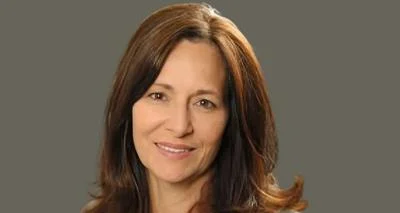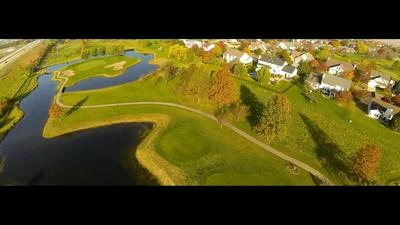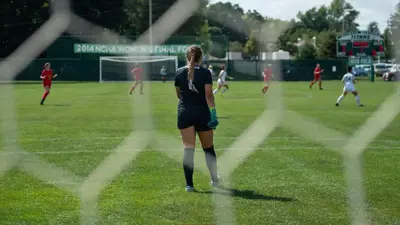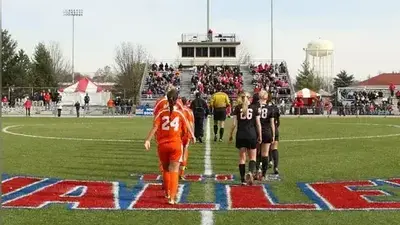Rep. Thomas M. Bennett | Courtesy photo
Rep. Thomas M. Bennett | Courtesy photo
Beginning the first day of next year, students seeking to attend a public university in Illinois are required to complete three years of science, according to a legislative update from the office of State Rep. Thomas M. Bennett (R-Pontiac).
“Effective January 1, a student may count an agricultural sciences class toward meeting that requirement,” the lawmaker explained in the update. “An agricultural education class may be counted toward the requirement for two years of electives.”
Bennett added that students will be allowed to use a speech class to meet a graduation requirement, stating a forensic speech course is sufficient enough to meet the one-year prerequisite for high school graduation in the Prairie State.
The Illinois General Assembly approved and Gov. J.B. Pritzker signed House Bill 3218, which adds an option for students to take agricultural science courses to fulfill the three years of science requirement for admission to public universities in the state.
The measure’s synopsis reads, “With respect to the high school coursework that a person must satisfactorily complete for university admission, adds agricultural sciences as a course option for the science category and agricultural education as a course option for the electives category.”
The GA approved and Pritzker signed Senate Bill 2354, which allows youths to take forensic speech classes to meet the university requirement that students have one speech class before they're admitted.
The legislation’s synopsis states that forensic speech is added “to the music, art, foreign language, or vocational education elective that a pupil may choose to satisfy the one year prerequisite that each pupil entering the 9th grade is required to successfully complete to receive a high school diploma.”
HB 3218 and SB 2354 will go into effect just as college and university enrollment in Illinois and Missouri continues to slide in the second year of the COVID-19 pandemic.
The St. Louis Business Journal reported that data from the National Student Clearinghouse Research Center revealed undergraduate enrollment in 2021 for post-secondary institutions decreased 5.8% compared to 2019.
According to Paul Wagner, executive director of the Council on Public Higher Education in Missouri, demographics are just one factor that contributes to the decline as is the pandemic itself.






 Alerts Sign-up
Alerts Sign-up